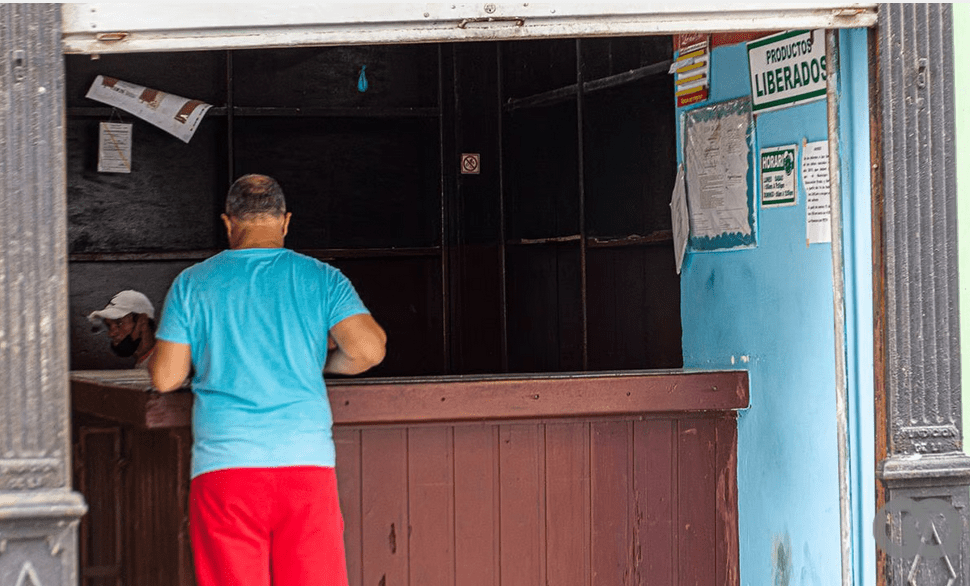
By Glenda Boza Ibarra (El Toque)
HAVANA TIMES – The appearance of a truck carrying sacks of rice and another with powdered milk after the protest that took place in Santiago de Cuba on March 17, 2024, was no coincidence. The authorities in the eastern city attempted to appease the citizens with some food.
According to Beatriz Jhonson, the first secretary of the Communist Party in Santiago de Cuba, on a social media post, some of the pending rationed food items were sold to the population.
“At this moment, the rations are in a partial distribution process (the first three pounds of rice and the four pounds of sugar), and there is a great mobilization of leaders to respond, because it is now that we have these resources available,” said the official.
In Matanzas and Granma, people also demanded food among their complaints. The food situation has worsened in the last three years due to the progressive increase in prices, the decrease in national production, the shortage of foreign currency for imports, and instability with basic rationed products.
But the protests had a significant political component, although one of its immediate causes was related to the need for food. The roots of the protests are intertwined with more complex political, economic, and social issues.
An Ongoing Food Crisis
Food scarcity is not a new phenomenon in Cuba, but the intensity and frequency of shortages have reached a critical point in recent months.
The government’s inability to meet expectations to provide basic needs —such as snacks for children or milk for newborns— becomes a powerful catalyst that pushed many people to protest.
The image of families desperately searching for basic products or of the elderly rummaging through trash cans to find food is a reminder of food insecurity in the country.
The despair of not being able to guarantee basic food for children is a heartbreaking reality that reflects the severity of the crisis and explains why women have been the protagonists of the most recent protests in the eastern part of the country. Power outages exacerbate the situation, causing the spoilage of whatever little is acquired.
The current situation is the result of a complex mix of internal and external factors. However, it is the failed internal policies and poor economic management that have played a crucial role in recent years.
Dependence on food imports, combined with insufficient domestic production, has created a breeding ground for the current crisis. The COVID-19 pandemic worsened the situation by hitting the tourism sector —one of the main sources of income— which, four years later, has not been able to recover.
The situation worsens when considering unfulfilled government promises and excuses that often look outside the country.
Faced with the current scenario, the Cuban government has failed to fully acknowledge its inability to guarantee the people’s food. In fact, it was forced to seek help from the UN to ensure powdered milk for children under 2 years old.
The Government Cannot Solve Hunger
During a meeting in March 2024 with the Ministry of Finance and Prices, Cuban President Miguel Díaz-Canel acknowledged that food and other product prices will not decrease and that this is one of the reasons why the population does not trust the authorities.
“Prices will remain high because we have a structural problem of supply and demand. We cannot allow abusive and speculative prices as state and non-state entities are doing,” said Díaz-Canel.
The increase in prices in Cuba is not new. According to data from the National Office of Statistics






